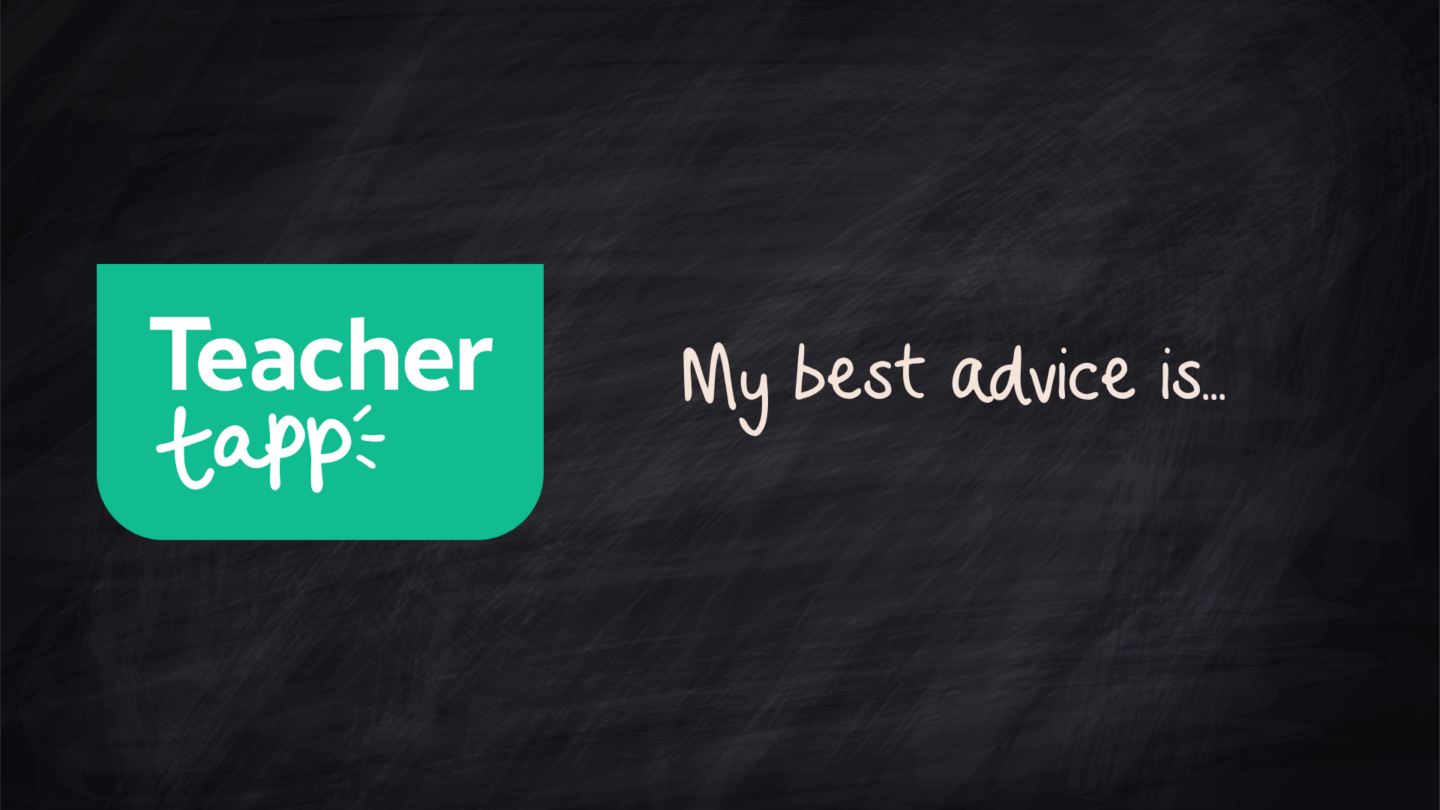1. Behaviour is… not good right now!
We need to start by asking you all what on earth was going on last Friday afternoon? A massive 37% of you said the last lesson you taught on Friday was interrupted in some way by bad behaviour. We know… it’s Friday afternoon… but this time last year when we asked exactly the same question every Friday for two months, the number reporting disruption hovered around 25%.
Has the terrible weather driven you and the kids crazy? Could we use Teacher Tapp to measure how much worse student behaviour gets when they can’t get outside at break and lunch? (This might be a question we try to answer at our Hackathon over half term, so if you are keen to help then make sure you’ve signed up.)
We were also curious as to whether behaviour was disrupted for those who had also answered this question on a Friday exactly one year ago.
There were 1073 of you who answered the question twice, exactly one year apart. The comforting news for those of you struggling with disruption right now is that things usually do get better. Just 40% of those who experienced disruption on Friday afternoon a year ago, had the same issue again this time around. So hang in there!
However, whilst 126 of you who had a disrupted class a year ago now had a calm class on Friday; there were 185 teachers for whom things were fine a year ago but this year had a bad behaviour Friday class. 😬
2. The 11-year-old who cannot read
A student arrives in year 7 who cannot read fluently. The school finds resources to help them learn, but what lessons should they be withdrawn not that all curriculum knowledge seems to be labelled as ‘rich’?
This is one of those questions where we expected you all to come out fighting strongly for your subject, but it didn’t quite happen! The subject differences in responses are there, but they are slight.

A surprising number of teachers think a student should NEVER be withdrawn from their normal timetable for catch-up classes – 24% of primary teachers, 23% of arts teachers and even 23% of language teachers agreed. (But what is their solution? Should illiteracy not be resolved or perhaps longer hours at school for the student?)
Overall, as many of you predicted, it is languages, religious studies and standard English classes that are the top pick for withdrawal from class.
On the flipside, what do teachers think are essential skills for all pupils when starting secondary school?
Maths teachers strongly want arithmetic fluency in students but aren’t actually that bothered by working with proportions (fractions, ratios, percentages). Few teachers care about cursive script, so long as the child’s handwriting is clear. And a third aren’t bothered about whether students can read an analogue clock. Maybe that’s because they think the only time it might affect them at school is when they are sitting in an exam hall!

3. What makes teachers anxious?
We are asking about your anxiety levels quite a bit this year as we want to understand how teacher worries ebb and flow across the academic year.
Last Tuesday, we asked about what had made you feel anxious that day. The results show how the parts of the job that don’t involve children can be oppressive. 56% of classroom teachers feeling anxious about being behind with work, such as marking or administration.
At this point in a long and hard half-term, perhaps headteachers need to press the pause button on marking and data outside lesson time?

That said, we shouldn’t lose sight of the fact that interactions with students during class caused anxiety for 4-in-10 classroom teachers THAT DAY. Among newly-qualified teachers the figure rose to 6-in-10.
We’ll try to write some follow-up questions to understand more about events in the classroom that cause anxiety. (If you have an idea for a question then let us know via the feedback button on the app, or social media, or email.)
4. Psst… keep your passwords private!
A quarter of you admitted that you share the password for your computer with others. The honesty is welcome but… 🤦 from a privacy perspective, this is not good. Sharing details gives access to documents that contain personal student information (which others may not have the authority to see).
When Laura saw this result she immediately guessed it’d be caused by teachers sharing passwords with teaching assistants. Given that it seems to be principally going on in primary and special/AP sectors, she is probably right.

5. Finally, finally, we know that you love the daily tips, so here are the ones we shared last week…
- From a culture of compliance to a culture of achievement
- Ofsted’s new curriculum focus and small schools
- Making teaching a manageable job
- Why maths can be so hard to understand
- What do we mean by reading and language comprehension?
- How does your perception of gender influence a student’s achievement levels?





